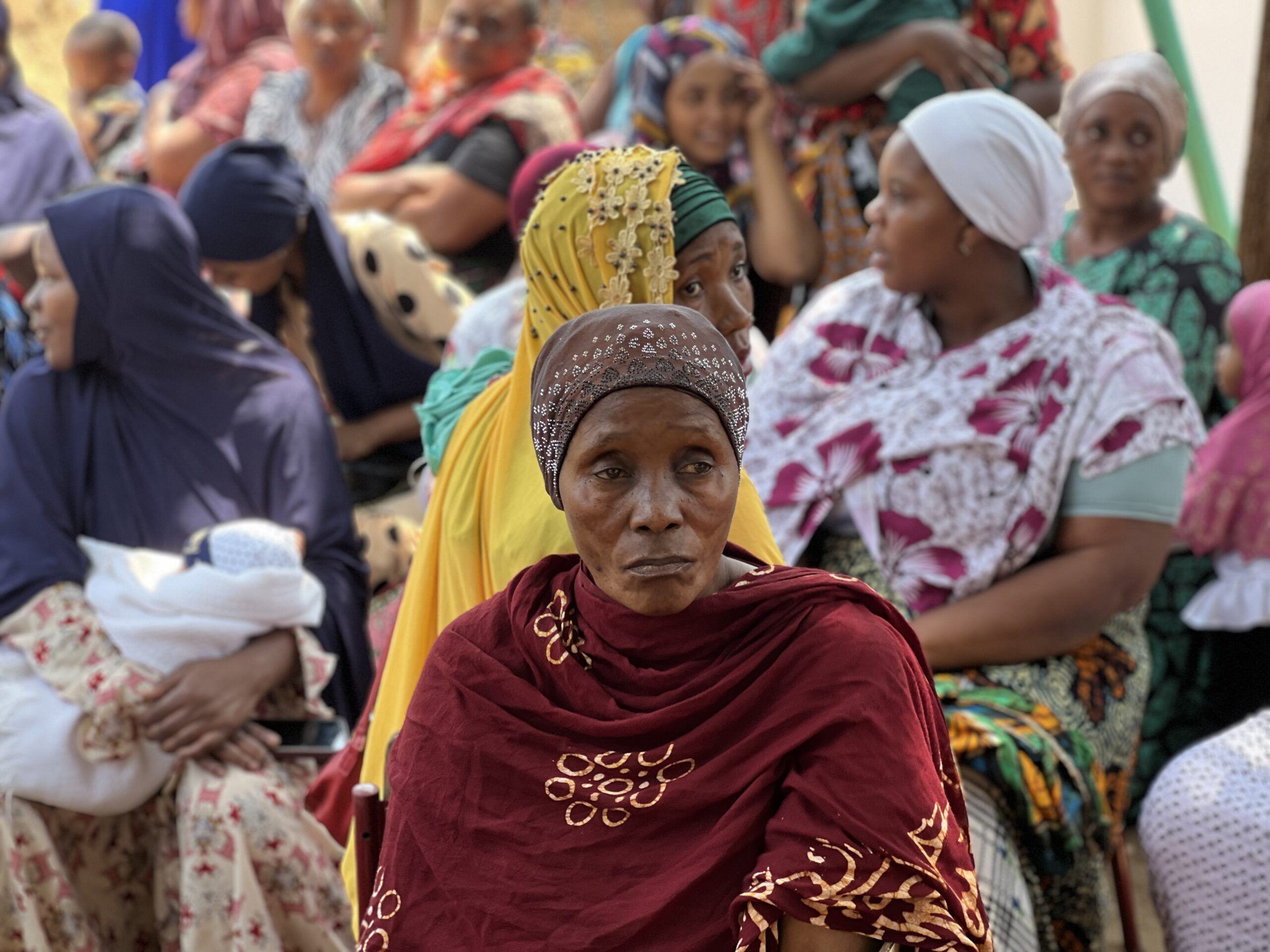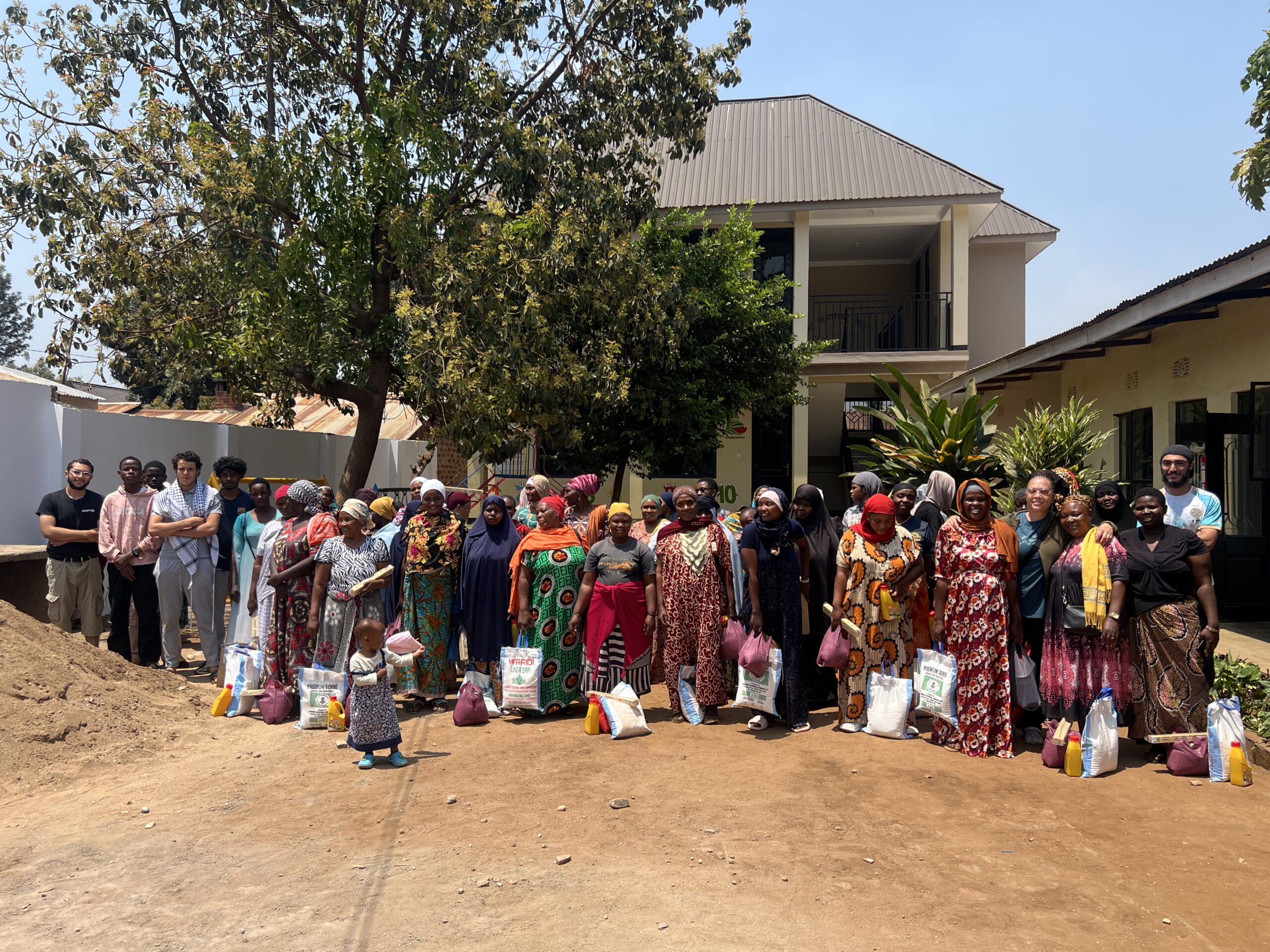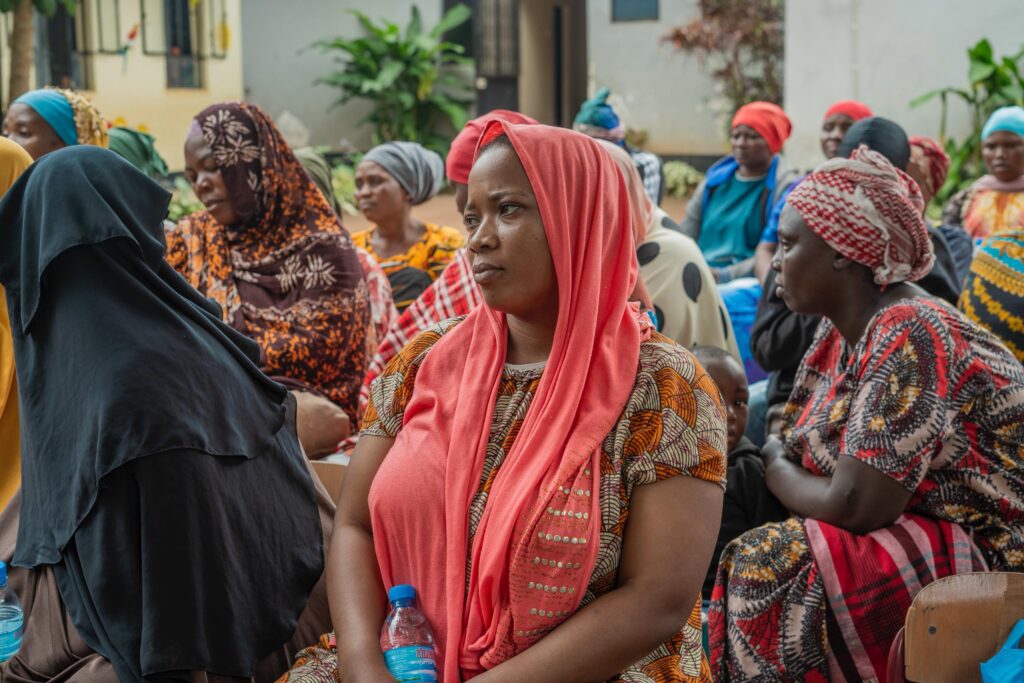In the vibrant landscapes of Tanzania, where the majestic Mount Kilimanjaro meets the vast plains of the Ngorongoro Conservation Area, stories of resilience and triumph unfold every day. At the heart of many of these narratives is Zara Charity, a nonprofit organization founded in 2009 by Zainab Ansell—affectionately known as Mama Zara—that channels the power of sustainable tourism into community upliftment. Through initiatives in education, healthcare, environmental conservation, and economic empowerment, Zara Charity has become a beacon for women empowerment, particularly among Maasai communities. These Zara Charity stories not only highlight individual journeys but also underscore the broader impact on Tanzania women success, inspiring a ripple effect of change across the region.


This blog dives into three remarkable tales of women whose lives were forever altered by Zara Charity’s programs. From beekeeping cooperatives to educational scholarships and entrepreneurial training, these women have turned challenges into opportunities, proving that empowerment is not just a buzzword—it’s a lived reality.
From Tradition to Triumph: Naserian’s Journey with the Asali Project
Nestled in the remote village of Isirwa within the Ngorongoro Conservation Area, the Asali Project stands as a testament to blending Maasai cultural heritage with modern economic strategies. Launched in 2022 by Zara Charity in partnership with local community groups, the initiative began with just 20 pilot beehives, aiming to generate income for Maasai women while supporting the Zara Charity Primary School. Naserian, a 32-year-old mother of four, was among the first to join. Traditionally, Maasai women like her focused on domestic duties and beadwork, with limited access to financial independence. “Before Asali, our days were spent walking miles for water and firewood, with no say in our family’s finances,” Naserian shares.


Through hands-on training in sustainable beekeeping and honey processing, Naserian learned to harvest and package honey using modern, eco-friendly equipment provided by Zara Charity. Today, she leads a group of 15 women who produce and sell honey and intricate beadwork products to tourists at Zara Tanzania Adventures’ properties. The income—now averaging $200 per month per woman—has funded school fees, healthcare, and even home improvements. “I sent my eldest daughter to secondary school for the first time. She’s dreaming of becoming a teacher,” Naserian beams. This project not only boosts household incomes but also elevates women’s social status, fostering leadership roles in village decisions. As one of many Zara Charity stories, Naserian’s success echoes the organization’s commitment to long-term, community-driven development.
Breaking Barriers: Amina’s Path to Education and Leadership
In the shadow of Mount Kilimanjaro, Zara Charity’s education programs are rewriting the future for Maasai girls who might otherwise face early marriage or dropout. Amina, a 28-year-old from a rural Maasai boma near Moshi, grew up in a family where girls’ education was secondary to herding livestock. At 16, she was nearly married off, but a Zara Charity scholarship changed everything. The organization’s Maasai education initiatives provide not just schooling but also skills training in literacy, entrepreneurship, and financial management, targeting underprivileged youth and women.
With support from Zara Charity, Amina completed secondary school and pursued vocational training in tailoring and business management. “Zara Charity didn’t just give me books; they gave me confidence,” she recalls. Now, Amina runs a small sewing cooperative that employs five other women, creating uniforms for local schools and traditional Maasai attire for tourists. Her business has expanded through partnerships with Zara Tanzania Adventures, generating steady income and allowing her to mentor young girls in her community.
Amina’s story aligns with broader Tanzania women success efforts, where empowered women like her are stepping into leadership. She’s now a volunteer trainer for Zara Charity’s workshops, teaching financial literacy to aspiring entrepreneurs. Her journey from vulnerability to vitality inspires dozens, proving that education is the cornerstone of true women empowerment.
Mama Zara: The Architect of Change
No discussion of Zara Charity’s impact would be complete without honoring its founder, Zainab Ansell—Mama Zara herself. Starting as a single mother in the male-dominated tourism industry, Zainab launched Zara Tanzania Adventures in 1986, growing it into a leader in eco-tourism while dedicating 10% of profits to charity. In 2009, she established Zara Charity to address poverty, gender inequality, and environmental degradation head-on. Her accolades, including the 2025 Top Women Excellence Award from the Tanzania Women Chamber of Commerce, reflect a lifetime of advocacy.
Under Mama Zara’s guidance, initiatives like tree-planting drives and porter welfare programs for Mount Kilimanjaro climbers have empowered thousands. “Empowerment isn’t given; it’s built through opportunity and trust,” she says. Her vision has created cooperatives that support over 500 women, mirroring global efforts by organizations like UN Women and African development NGOs.
A Call to Collective Action
The stories of Naserian, Amina, and Mama Zara illuminate the transformative power of targeted support in fostering women empowerment. Yet, challenges like gender-based violence and limited access to land persist, as highlighted in reports from women empowerment groups and international bodies. Zara Charity’s work shows that sustainable tourism can be a force for good, but it thrives on community involvement.
Explore more Charity Stories like these and consider how you can contribute. Your Donate today could fund a beehive, a scholarship, or a workshop—sparking the next wave of Tanzania women success. Join the movement and be part of the change.